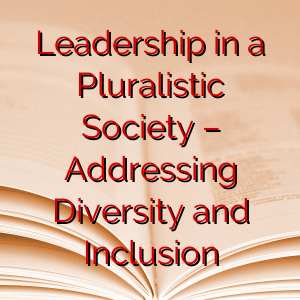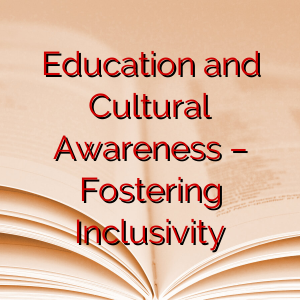Political Divides – Building Bridges in Your Inaugural Address
Political divisions have been a prominent feature of many diverse nations, creating significant challenges for leaders tasked with fostering unity and inclusivity. The polarization of ideologies and beliefs often tests the mettle of leaders, especially during the pivotal moment of an inaugural address. Successfully navigating political divides and building bridges between opposing viewpoints is a crucial aspect of leadership. In this essay, we will explore the challenges of bridging political divisions in a diverse nation and outline strategies to inspire unity and inclusivity in your inaugural address.
class=”font-bold”>Challenges of Bridging Political Divides
The first step in addressing political divisions is to understand the challenges that underlie them. Political divides are often rooted in deeply held beliefs, fears, and competing worldviews. The challenges of bridging these divides include:
- Polarization: Political polarization leads to an “us vs. them” mentality, making it difficult for individuals to find common ground or cooperate on important issues.
- Lack of Trust: Divisive political rhetoric and actions can erode trust in institutions and leaders, further deepening the divides.
- Echo Chambers: Many people today consume information and engage with like-minded individuals, which reinforces their existing beliefs and hinders open dialogue.
- Media Influence: Media outlets with partisan leanings can amplify divisions by promoting polarized perspectives.
- Economic Disparities: Political divisions are often intertwined with economic disparities, as different groups may perceive government policies as favoring one side over the other.
Strategies for Building Bridges in Your Inaugural Address
As a leader delivering an inaugural address, it is your responsibility to address these challenges and bridge political divides. Here are some strategies to consider:
- Appeal to Shared Values: In your inaugural address, emphasize the shared values and principles that unite the nation, transcending political differences. Highlight the fundamental principles on which the nation was founded, such as freedom, justice, and equality.
- Call for Civility and Respect: Promote a culture of civility and respect in political discourse. Encourage citizens and political leaders to engage in constructive dialogue rather than resorting to inflammatory rhetoric.
- Acknowledge Diverse Perspectives: Recognize that political diversity is a hallmark of a vibrant democracy. Acknowledge the importance of differing viewpoints and the role they play in shaping a robust and inclusive society.
- Commit to Bipartisanship: In your inaugural address, express a genuine commitment to bipartisan cooperation and collaboration. Make it clear that you value input from both sides of the political spectrum when crafting policies and solutions.
- Empower Civil Society: Encourage the involvement of civil society organizations, community groups, and grassroots initiatives in bridging political divides. These entities can foster dialogue and understanding at the grassroots level.
- Transparency and Accountability: Emphasize the importance of transparency and accountability in government actions. Ensure that citizens have access to information about government activities and decision-making processes.
- Promote Education and Media Literacy: Support educational programs that teach critical thinking and media literacy. Equip citizens with the skills to discern credible sources of information and avoid falling into partisan echo chambers.
- Bridge Economic Disparities: Address economic disparities and their connection to political divisions. Advocate for policies that reduce economic inequality and provide equal opportunities for all citizens.
- Social Inclusion: Encourage social inclusion and diversity in various sectors of society, including government, businesses, and educational institutions. A more inclusive society can help bridge political divides.
- Lead by Example: As the leader, your behavior and actions should demonstrate your commitment to unity and inclusivity. Avoid engaging in divisive rhetoric or actions that exacerbate political divisions.
In conclusion,
navigating political divides and building bridges between opposing viewpoints are essential tasks for a leader in a diverse nation. Your inaugural address provides a platform to address these challenges and set the tone for your leadership. By emphasizing shared values, promoting civility, and committing to bipartisanship, you can inspire unity and inclusivity, fostering a more cohesive and harmonious society.

Hello! Welcome to my Blog StudyParagraphs.co. My name is Angelina. I am a college professor. I love reading writing for kids students. This blog is full with valuable knowledge for all class students. Thank you for reading my articles.




